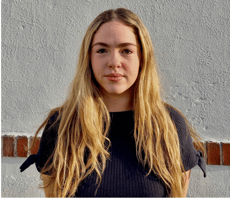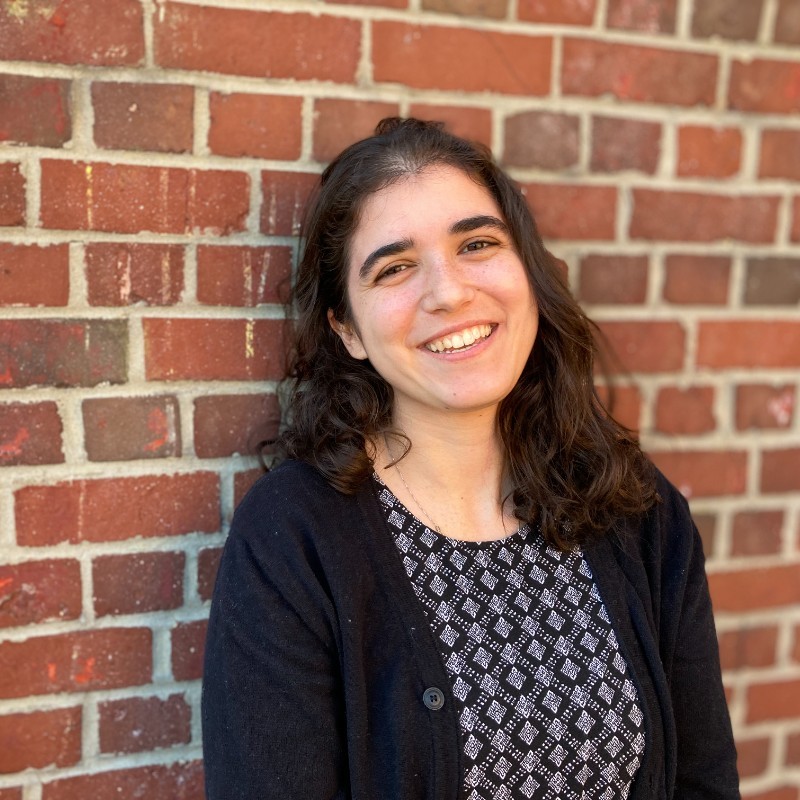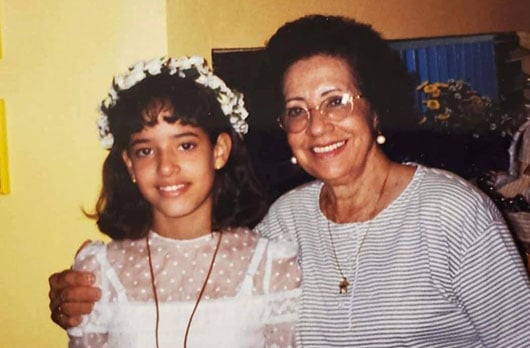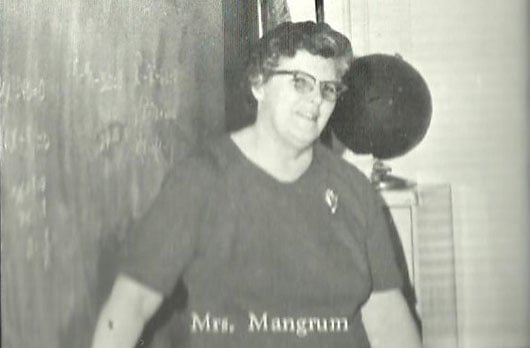TERC Blog
TERC Intern Perspective: A Mentor Found

Finding myself at TERC this past summer felt largely serendipitous. I had originally planned to work for a Boston-area Venture Capital firm. Though that appealed to me in some respects, I kept questioning if that was how I wanted to spend my time. A reflective conversation with a family friend, Jennifer Dorsen of ScienceQuest, about an independent course I’d done in high school on American public education inequality helped me tune back into my interest in education research. And, at Middlebury College where I am now a junior, I had recently taken courses where I pursued research on gender and racial trends in economics doctorate programs. Jennifer helped connect me with several education researchers who specialized in diversity in higher STEM. I soon found myself on a Zoom call with Dr. Maria Ong, a field leader and long-time TERC researcher. She gave me the advice to reach out to anyone in the field whose work interested me. I remain grateful for her many insights and for this simple but powerful directive.
I feel immensely lucky to have ended up with a mentor like Dr. Asbell-Clarke, who immediately encouraged me to just call her “Jodi”. Jodi took me seriously from day one despite my relative youth and inexperience, delegating a literature review for her book as my first task at TERC. She asked me to read the manuscript, a formidable several hundred pages into which she’d poured vast effort and knowledge. To have her solicit my genuine input (and criticism) so early on was an empowering way to begin the summer. I then spent the following two weeks wholly immersed in research, chasing leads through journal articles, books, and data repositories. Jodi responded with thorough feedback and a next round of questions.

Soon, my tasks began to diversify. I continued to do some literature review work but I also began to assist Ibrahim Dahlstrom-Hakki with data-analysis tasks. A round of data had come back from students using learning assessments to measure their Computational Thinking (CT) practices in a study of INFACT (Including Neurodiversity in Foundational and Applied CT.) We set forth to assess internal consistency and figure out if performance was related to any marker of neurodivergence.
Ibrahim, like Jodi, was a wonderfully supportive mentor. Towards the end of the summer, I had the opportunity to contribute to a paper for submission to a computer science education conference. Moving through such a diverse toolkit, from analyzing relevant literature to working with data to compiling relevant findings, felt like an immersive, rich dive into life as a professional researcher in the field of education.
While I am still uncertain what my path after Middlebury will look like, it is encouraging to know that I will carry the skills I developed and the relationships I built at TERC with me for the rest of my career. Looking back on my summer at TERC, I think of improvements programming in R (largely thanks to Ibrahim), developing literature review and other research skills, learning how grant application processes work, navigating the world of book publication, and soaking in the complex process of trying to create curricula that will benefit as many learners as possible. I also think of simple but crucial workplace learning, like how to organize and accomplish 40 hours of work efficiently, how to build meaningful work relationships that balance the personal with the professional, or how to ask for support. Lastly, I think of an enthusiastic, intelligent, dedicated group of coworkers who welcomed me with such kindness and genuine excitement.
I am grateful to all I had the opportunity to work with: Jodi Asbell-Clarke, Ibrahim Dahlstrom-Hakki, Teon Edwards, Kelly Paulson, Sarah Hill, Erin Bardar, Zac Alstad, Tara Robillard, and Renee Pawlowski.
Learn more about the TERC Scholars Program.

.jpeg)









-Bonda.jpg)